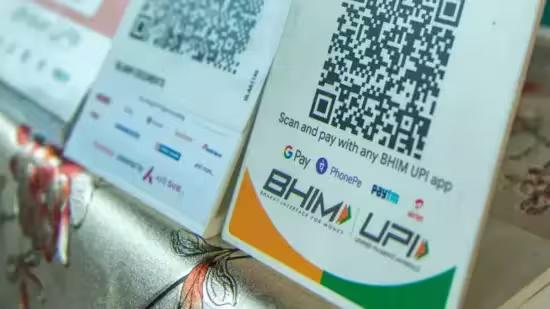
Trinidad & Tobago becomes the first Caribbean nation to adopt UPI
The Republic of Trinidad and Tobago has made a significant stride in the digital payment landscape by becoming the first Caribbean nation to adopt Unified Payments Interface (UPI), India’s flagship digital payment platform. This milestone achievement was made possible during Prime Minister Narendra Modi’s two-day official visit to the Caribbean nation.
The agreement to implement UPI in Trinidad and Tobago is a significant development in the bilateral relationship between the two countries. The adoption of UPI is expected to revolutionize the way people make transactions in Trinidad and Tobago, making it faster, simpler, and more secure. The UPI network has already been successful in India, with over 100 million transactions being processed daily.
The adoption of UPI is part of a larger agreement between the two countries to explore further collaboration in the implementation of India Stack solutions. India Stack is a set of APIs that allow developers to build products and services around different government services. The solutions include DigiLocker, e-Sign, and Government e-Marketplace (GeM).
DigiLocker is a digital locker system that allows citizens to store and access their documents digitally. e-Sign is an electronic signature system that allows citizens to sign documents electronically. GeM is an e-marketplace that allows government departments to purchase goods and services online.
The adoption of UPI and other India Stack solutions is expected to bring numerous benefits to Trinidad and Tobago. Firstly, it will make it easier for citizens to make transactions online, reducing the need for cash and paper-based transactions. This will not only make transactions faster but also reduce the risk of fraud and theft.
Secondly, the adoption of UPI will enable businesses in Trinidad and Tobago to accept payments online, making it easier for them to scale their operations and reach a wider customer base. This will be particularly beneficial for small and medium-sized enterprises (SMEs) that may not have had the resources to implement their own payment systems.
Thirdly, the adoption of UPI will enable the government of Trinidad and Tobago to collect taxes and other payments online, making it easier for citizens to pay their dues on time. This will help the government to improve its tax collection efficiency and reduce the risk of tax evasion.
The adoption of UPI is also expected to promote financial inclusion in Trinidad and Tobago. The platform is designed to be user-friendly and accessible, making it easy for people who may not have had access to traditional banking services to make transactions online.
The success of UPI in Trinidad and Tobago is also expected to attract foreign investment to the country. The adoption of a digital payment platform is seen as a major drawcard for businesses looking to invest in the country. The government of Trinidad and Tobago has been actively promoting its business-friendly environment and the adoption of UPI is seen as a major step in this direction.
The adoption of UPI in Trinidad and Tobago is also expected to promote regional cooperation in the Caribbean. The platform has the potential to be used across the region, making it easier for businesses and citizens to make transactions online.
Trinidad and Tobago joins a growing list of countries that have adopted UPI. The platform is already being used in eight countries, including India, Singapore, and the United Arab Emirates.
In conclusion, the adoption of UPI in Trinidad and Tobago is a significant development in the digital payment landscape. The platform has the potential to revolutionize the way people make transactions in the country, making it faster, simpler, and more secure. The adoption of UPI is also expected to promote financial inclusion, attract foreign investment, and promote regional cooperation in the Caribbean.






